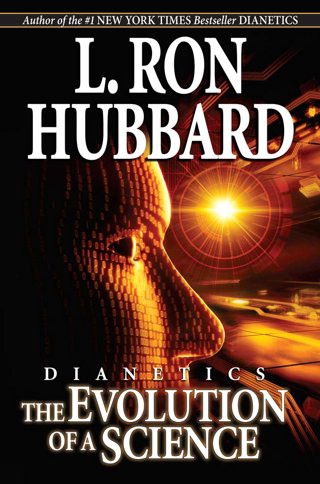Some Known Facts About Dianetics.
Some Known Facts About Dianetics.
Blog Article
The Ultimate Guide To Dianetics
Table of ContentsDianetics Fundamentals ExplainedAn Unbiased View of Dianetics6 Easy Facts About Dianetics DescribedThings about Dianetics
I could not ever not want to receive anything that comes to mind for you- if it was or else, I would not be sitting right here with you, doing this. I not only can never ever have a problem, or not wish to listen to something that enters your mind for you, but I'm entirely anxious to understand every idea, every idea, every picture or feeling that emerges or shows up for you- don't ever think otherwise, and if for one reason or another you do, please just let me know! Often, you may have an idea, and picture, concept or incident pop up that does not appear to answer the question, or associate with it, however nevertheless, constantly do tell me about it, and as we proceed, the relevance will certainly emerge for you.This is fundamental in the basis of handling, and the topic of this discussion: the standard roles of the therapist and the client: The standard function of the therapist is, in contrast to "common training", not to control, which suggests to impose and/or inhibit, but to rather work from the basis of EMPOWERING THE CUSTOMER.

The Best Guide To Dianetics
John Mcmasters revealed this basic reality wonderfully well in among his talks on Power handling, in which he discusses just how he was asked what this "unique flair" was that he had for giving such great sessions; he needed to believe about that for a moment, and identified that it was what he wasn't doing, along with what he was doing: he wasn't reviewing, judging, computing, or actually, producing any thoughts, let alone spoken expressions, after giving the command and while awaiting the computer to finish their solution to their satisfaction; he was, just and just, existing with the PC, and totally interested.
The role of the counselor, demonstrated; that was his "unique knack". I have had my own experience which showed me this well, extremely at an early stage in the video game. In 1982, having actually just recently finished my training and internship on New Era Dianetics, I was running this on a PC, and there was a point in the session where (being a bit wet behind the ears not yet having many hours under my belt as an expert auditor) the computer appeared to be "taking as well long" to share anything vocally after I provided him a command.
This i loved this trick ended up being the most beneficial contribution that John ever before made to the topic of treatment or auditing (Dianetics). In my simple point of view, it is the biggest contribution that any individual has actually ever before made to these subjectsthe application is totally non-judgemental, non-evaluative, and devoid of any idea, recommendations or opinion.no preconditioned program for people, or 'degrees' that they need to do
In Scientology we prided ourselves on not reviewing for people. All that really suggested was that the auditor did not VERBALLY evaluate for the Computer in session.
Dianetics for Beginners

Any person who had actually basics ever seen John audit can not assist however notice an one-of-a-kind high quality in his bookkeeping."The client's basic duty is to be there with the purpose of relocating the direction of their spiritual objectives, and to freely and totally express and experience whatever shows up for them in answering the inquiries and carrying out the instructions in the processing.
This is something to procedure as needed. Also, people often have previous experience and/or brainwashing in auditing/processing which, in some methods, and to some levels, actually misguides them right into perspectives, concepts and behavior patterns that stop the complete understanding of these duties, and so they will certainly have a tendency to hinder the expressing of what comes to mind, as in the instances offered over - Dianetics. * The first, and maybe foremost examples of mis-indoctrination resulting in less than totally smooth and reliable sessions, can be located in certain aspects of the training routines, or "TR's":"TR's" are frequently a click resources person's first, or at the very least early, experience in Scientology, and while I will take place to describe what I view as the imperfections in principle and technique, however, tend to be considerably restorative, done as they are provided (Hubbard firmly insists that "TR's are not processing, they are educating", yet factually, they are both handling AND training)
There is no "flunking", and no rejection of the fact of this being processing. The emphasis, as it ought to be, is on experiencing the other individual's existence.
Unknown Facts About Dianetics

Report this page